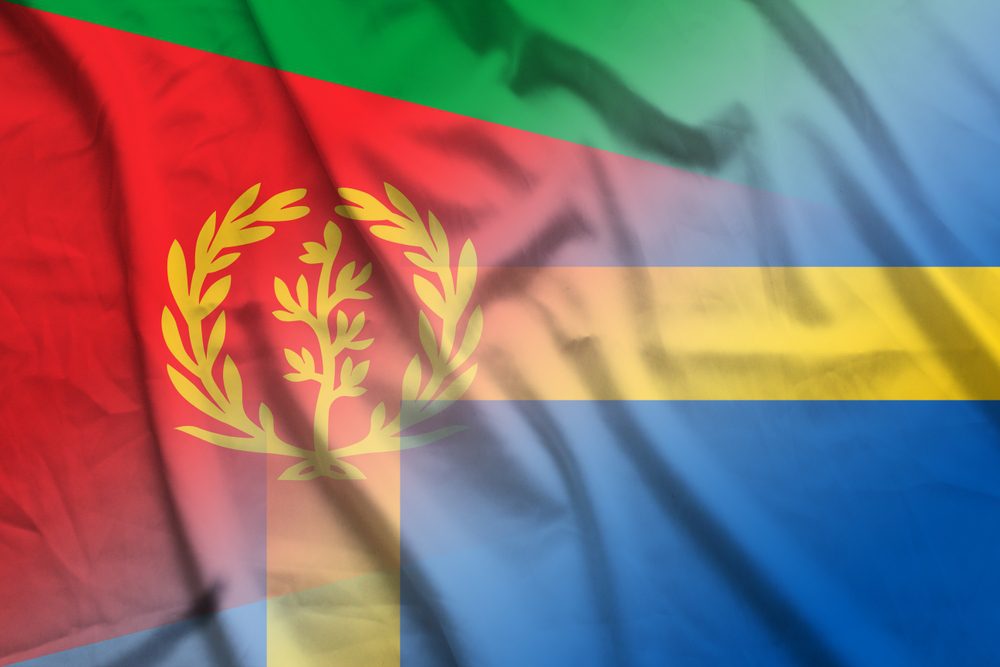
On Thursday, August 4th, at an Eritrean cultural festival in the Swedish capital of Stockholm, matters took a turn for the worse when over a thousand opponents of the African country’s dictatorial regime showed up.
Hundreds of people had obtained permission from Swedish authorities to demonstrate just outside the festival grounds, Swedish media reported. At one point, however, they broke through the defensive line of police officers.
So there was an Eritrean festival in Stockholm, Sweden. 52 injured, Inc 4 police officers. Maybe, just maybe, the best place for an Eritrean festival is Eritrea? 👀 pic.twitter.com/Ilsdhx1wH7
— David Vance (@DVATW) August 4, 2023
Tearing down tents and starting fires, some threw stones at those they deemed to be loyalists of the Eritrean regime as well as local police. A witness told Swedish broadcaster SVT that it was “complete anarchy.”
According to the latest update from Swedish health officials, at least 50 attendees, including police officers, sustained injuries. Between 100-200 people have been detained, a Swedish police spokesman told The Associated Press.
While the festival’s organizers present the event as a celebration of Eritrean culture and community, critics view it as an extension of the dictatorial rule of Isaias Afewerki, who has been Eritrea’s president since 1993.
These festivals, which take place regularly in Europe, are said to sell the flags of Eritrea’s only political party not forbidden by law: Afwerki’s PFDJ (People’s Front for Democracy and Justice). Moreover, an important purpose of the festivals is to illegally collect taxes from Eritreans living abroad.
It is for these reasons that Eritrean festivals in Europe often end up in a face-off between opponents and loyalists of the regime in Eritrea, as was the case in Stockholm on Thursday.
In a reaction, Sweden’s Justice Minister Gunnar Strömmer told Swedish broadcaster SVT that it was “not reasonable for Sweden to be drawn into other countries’ domestic conflicts in this way,” adding that “if you flee to Sweden to escape violence or are on a temporary visit, you must not cause violence here.”
Decrying the substantial police force that was required to calm the situation, the justice minister concluded that Sweden’s police resources were “needed for other purposes than keeping different groups apart from each other.”
In recent years, violent clashes between Eritrean factions have taken place across Europe. As previously reported by The European Conservative, only last month, an Eritrean cultural festival went awry in the German student town of Gießen, which left 26 police officers injured.
Last year, in the Dutch town of Amstelveen, not an Eritrean festival but a mere party, became the epicenter of violent riots, which led to acts of vandalism, one wounded policeman, and 25 arrests.
With Thursday’s incident in Stockholm being but the latest entry, one is again reminded of the obvious: importing people from another country inevitably brings with it—no matter what blank slate theorists may claim—an import of that country’s domestic issues.
